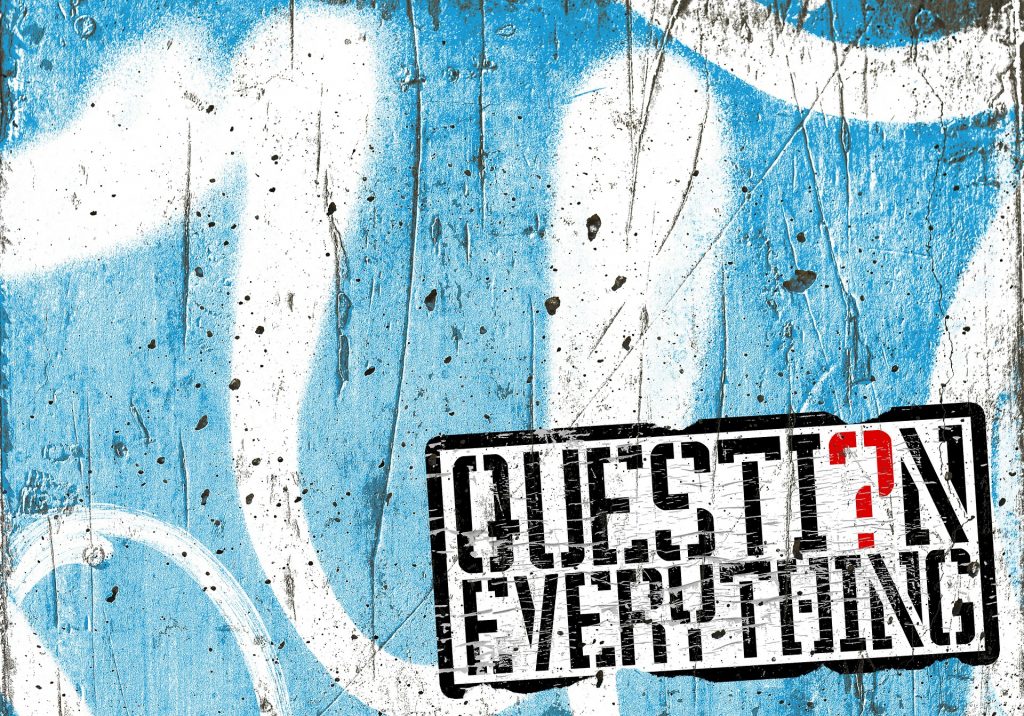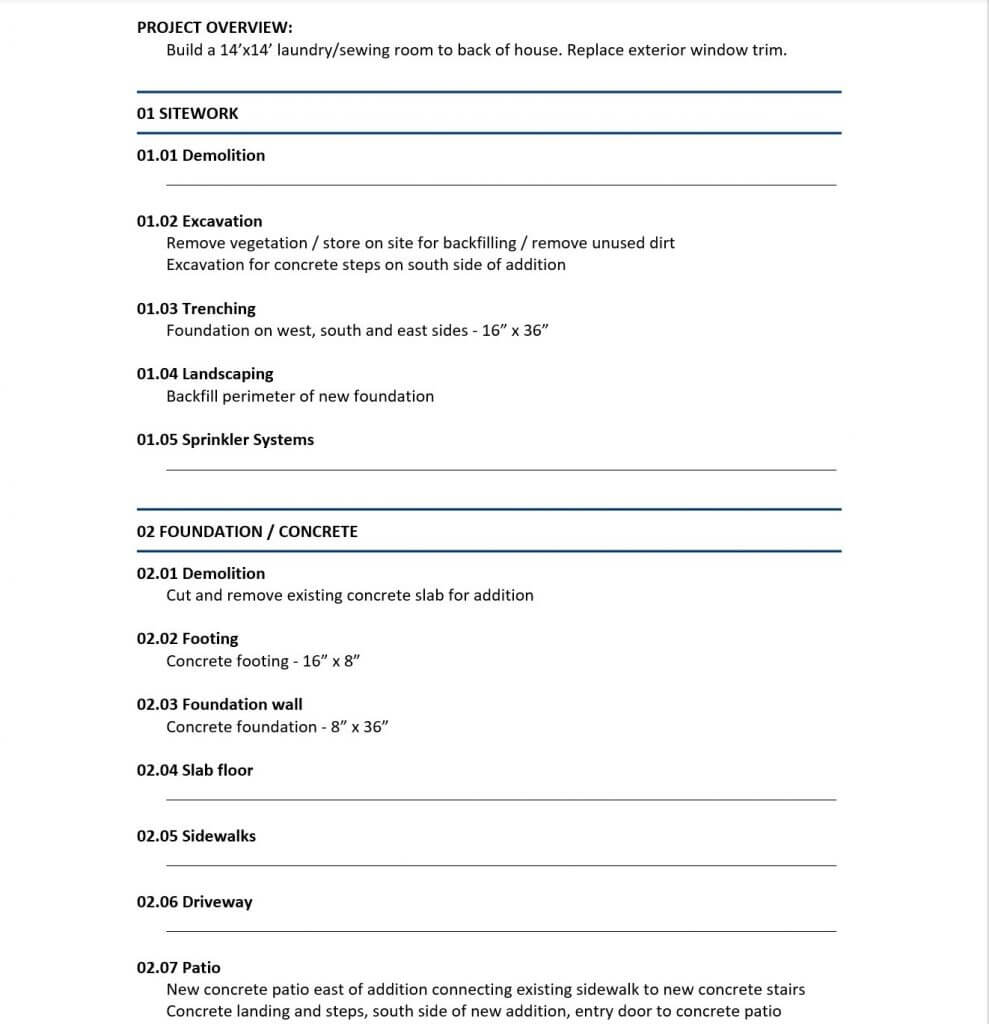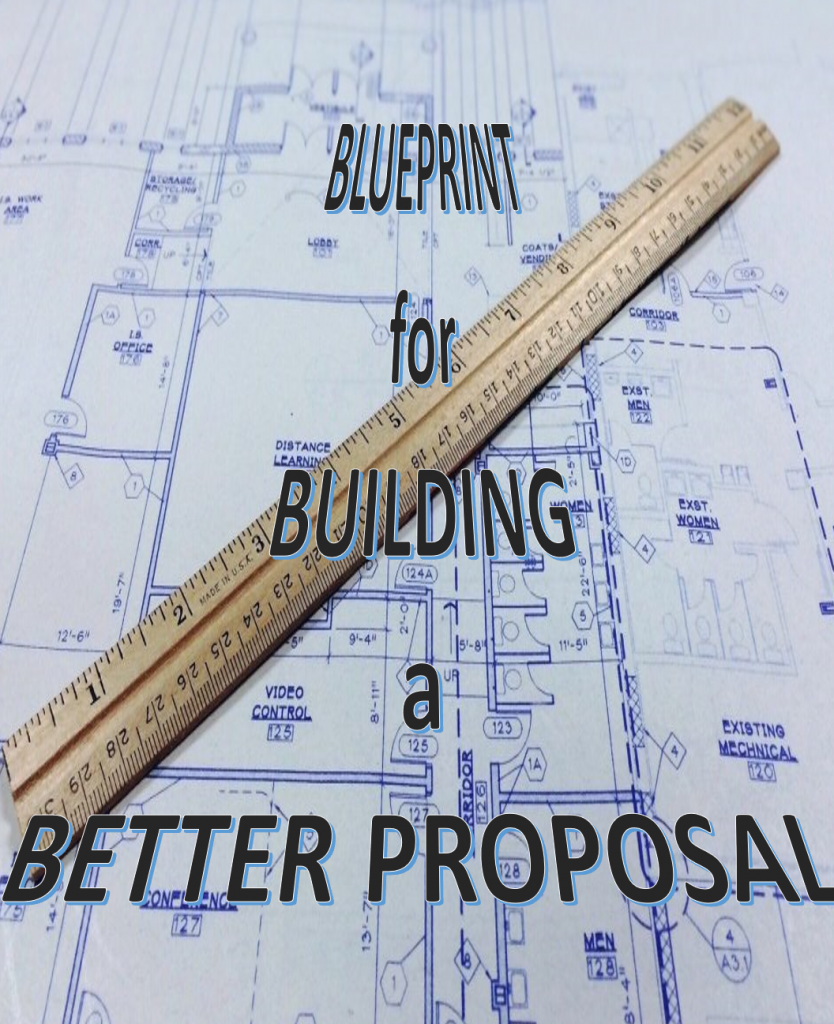Because Your Company is Too Important to Just Roll the Dice
Why is it that people operating construction companies are willing to gamble with their business? This random hit and miss business model is an all-too-common practice in the construction industry.

Somewhere along the way as we grow into the routine of life and business, we stop asking questions.
As kids we’re expected to ask questions. In school we’re taught to ask the five Ws (who, what, when, where and why) and how. These questions are considered basic to information gathering.
UNDERSTANDING starts with asking questions.
Asking questions is the first step to understanding success. The questions are more important than the answers. Asking questions is necessary to break out of routines. Questions cause us to dig deeper and ask more questions. If we don’t ask questions, we will stay stuck in the mundane habits of doing the same old things over and over hoping for a different outcome.
It’s like people in horror movies. If you’ve ever watched a horror movie then you’ve seen this. Teenagers are in a dark scary place and instead of getting out when they have the opportunity, they continue to hide in a basement, an attic, a cemetery, etc. The GIECO “horror movie” commercial is a great example of this.
If you don’t want your business to be ‘chopped up by a chainsaw’ you need to BE AWARE and start asking questions.
Asking questions leads to UNDERSTANDING.

Like any tool, if you don’t understand how to use it, what its purpose is, and how it works it won’t be any help to you when you’re doing construction. The same is true for tools used to build a successful construction business.
- Sales tools like Proposals and Contracts
- Production tools like Change Orders and Payment Applications
- Financial tools like Job List and Savings Account Transfer Sheet
Understanding how these tools work, their purpose, and how to use them can be just what you need to build that business of your dreams.
Understanding is the mental grasp or comprehending of something. It is the knowledge about a situation, how something works or what it means. Understanding is also an agreement between two or more people. It is the sharing of thoughts and ideas of others and willingness to listen with an open mind. This kind of understanding leads to trust.
If you’ve been in construction for very long, you’re aware of problems like –
- Balancing construction projects and paperwork
- Feeling like your business is out of control
- Keeping projects on schedule
- No money for bills, taxes, or emergencies
- Keeping projects within budget
- Disappointed or upset customers
- Communication breakdowns

You can either ignore these issues and keep doing things the way you have, or you can start asking questions and figure out what to do about them.
Questions like why…
- Why should construction contractors do proposals? –
This question is the one that baffles me as much as any. How can contractors expect customers or production crews to know what work is going to be done and what it’s going to cost without some clear communication? I don’t think you would buy a truck without knowing what you were getting. I know I would be disappointed if I ordered a new $70,000 truck and when I got it, it was a 1999 ½ ton pickup missing a wheel and the driver’s door.
- Why don’t contractors do proposals? –
The most common answer to this question is that they simply don’t know how. This is something that just isn’t taught. Most contractors start out doing construction, not paperwork. They figure out some guesstimation process and then wonder why customers are upset when they get a bill that is higher than they expected for less work.
- Why does this customer want to do this construction project?
This should be the primary question that a contractor gets the answer to. It is more important than what. The “what” answer has a “why” answer behind it. The why question doesn’t have to be asked directly, but regardless, needs to be answered. The why is the foundation for the customer’s dream. A foundation is critical to building construction projects and dreams.
- Why do we do the same things over and over expecting different results?
We all do this to some degree. Why? Why do we continue to repeat things thinking it will be different this time? We shouldn’t do things just because… “we’ve always done it this way”. The more we walk back and forth in a rut, the deeper it gets and the harder it is to get out. I heard it said that a rut is just a grave with both ends kicked out. Stop walking and determine if this is what you want and if it’s the best plan. If not do something different.
These questions are a starting point to understanding how you can BUILD a better construction business.
Like so many things out there UNDERSTANDING can be a scary thing. It may take us outside of our comfort zone and we don’t like that. We would prefer to be like the people in scary movies…and just go hide behind the chainsaws.

At Solution Building we’ve developed a 5-step BUILDing process to make stepping out of your comfort zone a little less scary. If you would like some help knowing which questions to ask or answering questions you have, schedule a free 30-minute consultation here.











































